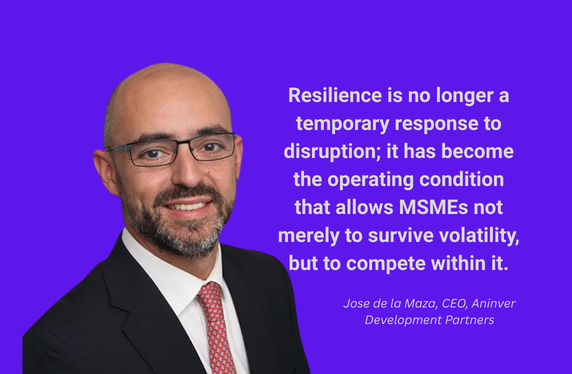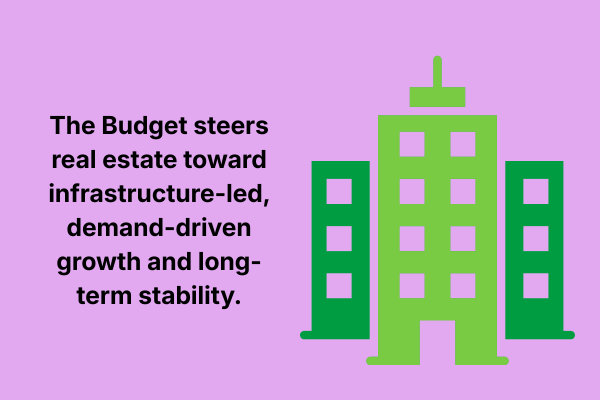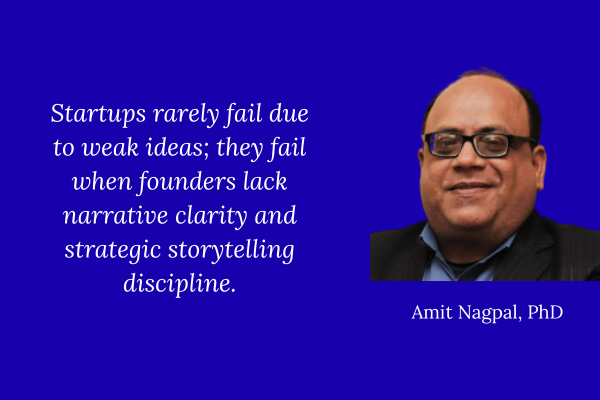The European Investment Bank’s (EIB) latest edition of “Finance in Africa: Unlocking Investment in an Era of Digital Transformation and Climate Transition” delves deeply into the evolving landscape of finance and economic growth across the African continent, particularly in the context of a rapidly changing geopolitical and economic environment. The report reflects the EIB’s ongoing commitment to supporting Africa’s development goals and addressing critical financing challenges. It highlights the integral relationship between Europe and Africa, emphasizing investments in infrastructure, climate resilience, and private sector development.

Finance in Africa
- Publication information7 Nov 2024172 Pages (PDF/EN)ISBN: 978-92-861-5767-7 (PDF/EN)DOI: 10.2867/134596
- Unlocking investment in an era of digital transformation and climate transition
A Geopolitical Context for Africa-EU Relations
One of the notable features of the 2024 report is its strong emphasis on the partnership between Africa and the European Union, underpinned by the Global Gateway strategy. With an investment package of €150 billion dedicated to the Africa-Europe Investment Package, the EU aims to strengthen ties across sectors such as sustainable growth and digital transformation. The EIB’s central role in participating in Team Europe initiatives positions it as a crucial driver of these objectives, thereby setting the context for unlocking investment and bridging critical investment gaps across Africa.
Investment Gaps and Financing Challenges
Africa continues to face significant financing challenges to achieve the United Nations Sustainable Development Goals (SDGs) by 2030. The report estimates that Africa requires an additional $194 billion annually—about 7% of its GDP—to meet its development and climate targets. However, the continent’s financial sector is challenged by the combination of declining global capital flows and weak domestic credit markets. In this context, development banks such as the EIB play a pivotal role in catalyzing international capital flows and enhancing the development of domestic financial markets, which are critical for spurring private sector investment.
Macroeconomic Environment and Financing Conditions
The report provides a comprehensive overview of the economic challenges that Africa faced in 2023, including inflation, tightened global financial conditions, and exchange rate depreciation. Inflation remains high, particularly in some larger African economies, such as Nigeria, Kenya, and Egypt, which may delay a broader loosening of monetary policy and, in turn, impede private sector financing. Despite these challenges, the report expresses cautious optimism for 2024 and beyond, projecting potential economic growth acceleration between 2024 and 2028, marking the highest growth period since 2008-2012.
The EIB’s Financial Conditions Index, which has expanded its coverage to ten countries, reveals mixed trends across the continent. The financial conditions in some countries have shown signs of loosening, particularly in countries with stronger macroeconomic fundamentals. This is also reflected in the improvement in bond yields for countries such as Benin and Côte d’Ivoire, suggesting increasing investor confidence in African sovereign debt and a potential re-entry to international bond markets.
Sustainable Debt and Private Capital Markets
Sustainable finance is highlighted as a key development in African financial markets. Although sovereign debt issuance remained subdued, sustainable debt issuance, including green bonds and sustainability-linked loans, was buoyant in 2023. The report notes an increasing role of financial firms in issuing such debt since 2021, indicating the evolving landscape of sustainable finance across the continent. Moreover, sustainable finance is becoming a critical tool for addressing climate-related challenges and achieving green growth.
In private capital markets, the report identifies a mixed year in 2023. Although private capital fundraising reached a new high of $3.7 billion, investments declined significantly, reflecting the broader economic uncertainty. The renewable energy sector accounted for the largest share of investments in 2023, reflecting Africa’s pivot towards greener sources of energy and investment in climate resilience. Notably, South Africa remained the largest market for private investment, accounting for nearly 20% of the total, followed by Kenya, Côte d’Ivoire, and Morocco.
Regional Financial Integration and Challenges
The report emphasizes the regional differences in financial market integration across the continent, which has been significantly impacted by recent global shocks such as the COVID-19 pandemic and the Russia-Ukraine conflict. While Southern Africa is the most integrated financially, with financial flows equivalent to 362% of GDP, other regions have lagged behind, underscoring the uneven nature of financial development and integration across the continent. The need for more resilient and integrated regional financial markets is clear, especially as Africa seeks to attract more international investment and develop stronger domestic capital markets.
“Finance in Africa: Unlocking Investment in an Era of Digital Transformation and Climate Transition” provides an insightful and in-depth analysis of the financial challenges and opportunities facing Africa today. It underscores the critical importance of enhanced financial integration, the growth of sustainable finance, and the necessity for development banks to play a proactive role in catalyzing investment. The report also conveys cautious optimism for Africa’s growth prospects, provided that macroeconomic fundamentals stabilize and financial conditions continue to improve. By highlighting both the successes and the persistent challenges, the EIB provides a balanced view that serves as an essential reference for policymakers, investors, and stakeholders in Africa’s development journey.
Author Profile
Latest entries
 Business2 January 2026Rungta Tea Marks 24 Years with 92% Distributor Retention, Outlines Ambitious Expansion
Business2 January 2026Rungta Tea Marks 24 Years with 92% Distributor Retention, Outlines Ambitious Expansion Business18 October 2025Start Your Drone Business: Aquiline Drones Franchise Program for Veterans
Business18 October 2025Start Your Drone Business: Aquiline Drones Franchise Program for Veterans Doing business3 June 2025India’s Q-Commerce Growth Underscores Market-Driven Innovation: Siddharth Shankar
Doing business3 June 2025India’s Q-Commerce Growth Underscores Market-Driven Innovation: Siddharth Shankar Business15 May 2025World MSME Day: A Global Commemoration of Entrepreneurial Vitality
Business15 May 2025World MSME Day: A Global Commemoration of Entrepreneurial Vitality








